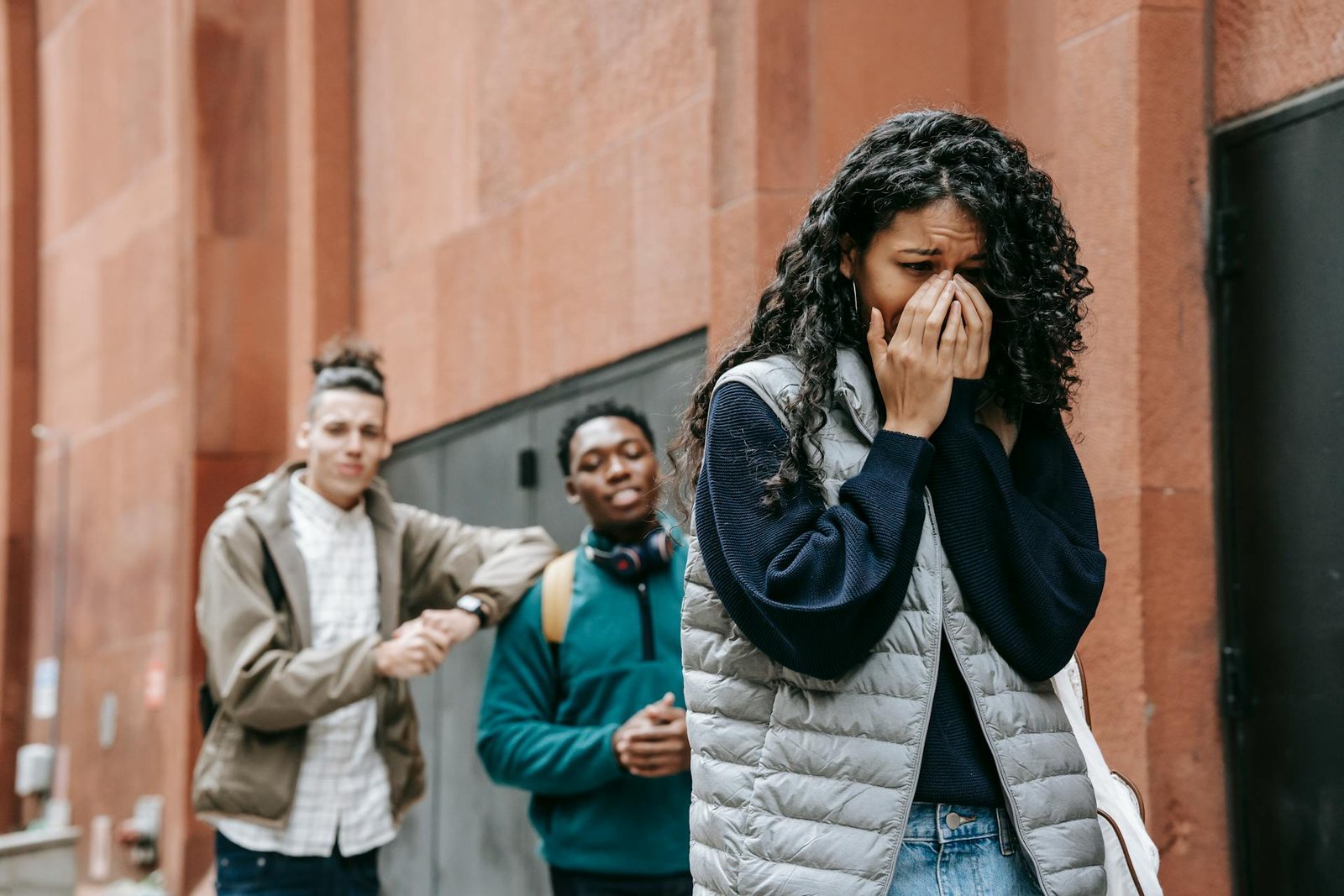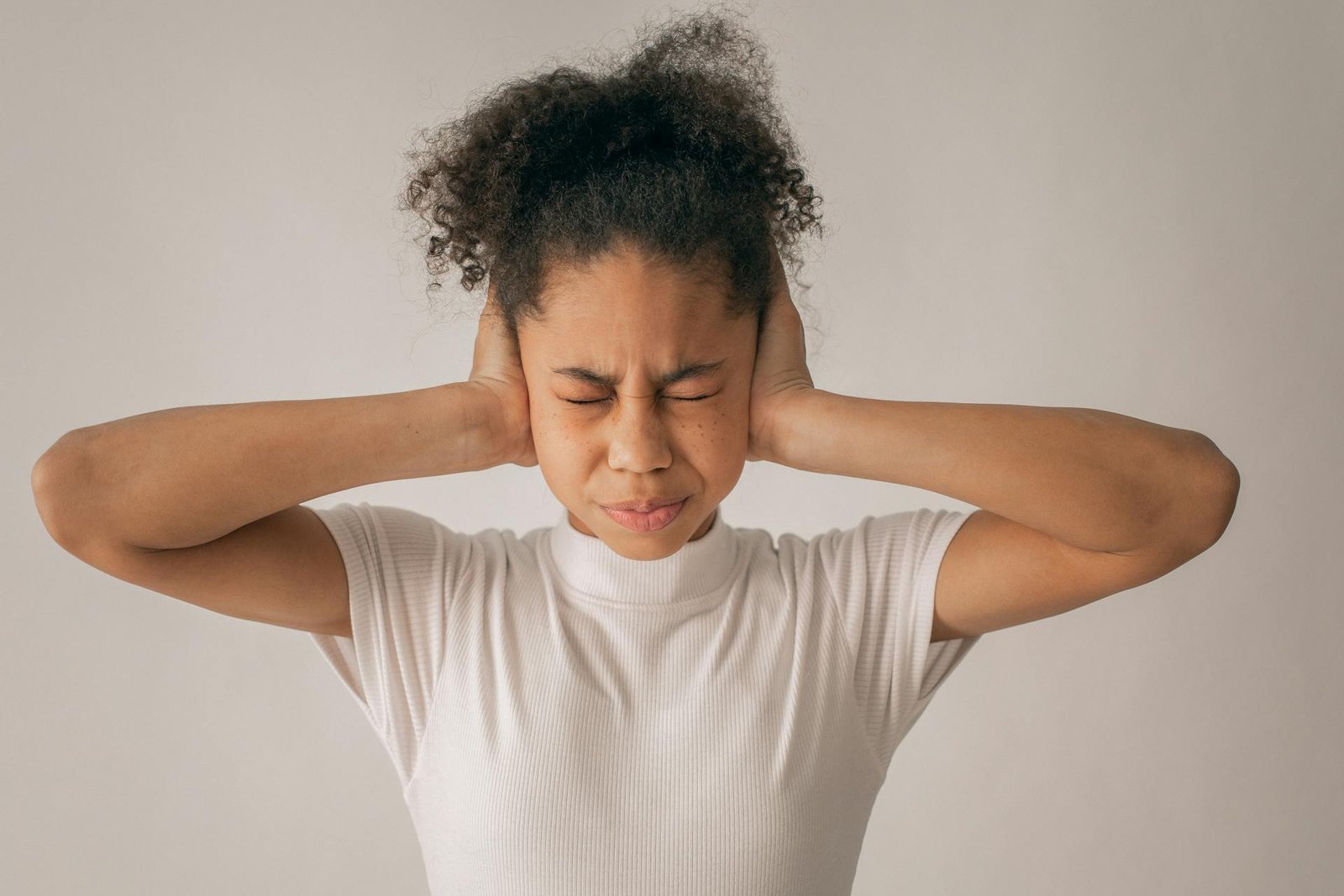Social Anxiety in Young Kids: A Parent’s Guide to Support and Solutions
BY MICHELLE MACHADO |July 29, 2024 |

As a parent, you want your child to thrive in all aspects of life, including social situations. However, for some children, social interactions can be a source of intense fear and anxiety. Social anxiety in young kids is more common than you might think, and recognizing the signs early can make a significant difference in your child’s development and well-being.
Understanding Social Anxiety in Children
Social anxiety is more than just shyness. It’s an intense fear of social situations that can manifest in physical symptoms like stomachaches, rapid heartbeat, or even panic attacks. Children with social anxiety may avoid social interactions, struggle to make friends or experience extreme distress in situations like speaking in class or attending parties.
Signs Your Child May Be Experiencing Social Anxiety:
- Avoiding social situations or expressing intense worry about upcoming events
- Physical complaints (stomachaches, headaches) before social activities
- Difficulty speaking to adults or peers outside the family
- Freezing or clinging to parents in social settings
- Refusal to participate in school activities or reluctance to attend school
- Excessive fear of being judged or embarrassed

How Parents Can Help
If you recognize these signs in your child, don’t worry – there are many ways you can support your child and help them manage their social anxiety:
- Open Communication: Create a safe space for your child to express their fears and concerns without judgment.
- Validate Their Feelings: Acknowledge that their anxiety is real and that it’s okay to feel nervous sometimes.
- Gradual Exposure: Help your child face their fears in small, manageable steps. Start with less challenging social situations and gradually work up to more difficult ones.
- Role-Play: Practice social scenarios at home to build confidence in a safe environment.
- Teach Coping Strategies: Introduce techniques like deep breathing, positive self-talk, or visualization to help manage anxiety symptoms.
- Encourage Positive Self-Talk: Help your child replace negative thoughts with more balanced, realistic ones.
- Focus on Strengths: Highlight your child’s positive qualities and achievements to boost self-esteem.
- Model Confidence: Demonstrate confident social behavior in your own interactions.
- Maintain Routines: Predictability can help reduce anxiety, so stick to regular schedules when possible.
- Seek Professional Help: If your child’s anxiety is severe or persistent, consider consulting a child psychologist or therapist.
Luminara Academy: Empowering Kids to Overcome Social Anxiety
At Luminara Academy, we understand the challenges that social anxiety can present for children and their families. Our programs are designed to support young kids in building confidence, developing social skills, and managing anxiety in a supportive, nurturing environment.
Here’s how Luminara Academy helps children overcome social anxiety:
- Small Group Activities: We offer structured, small-group activities that allow children to practice social skills in a low-pressure environment.
- Confidence-Building Workshops: Our specialized workshops focus on boosting self-esteem and teaching children to recognize their unique strengths.
- Public Speaking Practice: Gentle, supportive opportunities for children to speak in front of others, helping them build confidence over time.
- Mindfulness and Relaxation Techniques: We teach age-appropriate mindfulness exercises and relaxation strategies to help children manage anxiety symptoms.
- Social Skills Training: Our curriculum includes lessons on reading social cues, starting conversations, and maintaining friendships.
- Role-Playing Exercises: We use role-play to help children practice challenging social scenarios in a safe, supportive setting.
- Peer Support Groups: Children with similar experiences can connect, share strategies, and support each other.
- Individual Coaching: For children who need extra support, we offer one-on-one sessions to address specific concerns and develop personalized strategies.
Conclusion
Remember, social anxiety is treatable, and with the right support, your child can develop the skills and confidence to navigate social situations successfully. At Luminara Academy, we’re committed to partnering with you to help your child overcome social anxiety and thrive in all aspects of life.
By combining your loving support at home with the structured, supportive environment of Luminara Academy, your child can build the resilience and social skills they need to face the world with confidence. Together, we can help your child transform their social anxiety into social success.

